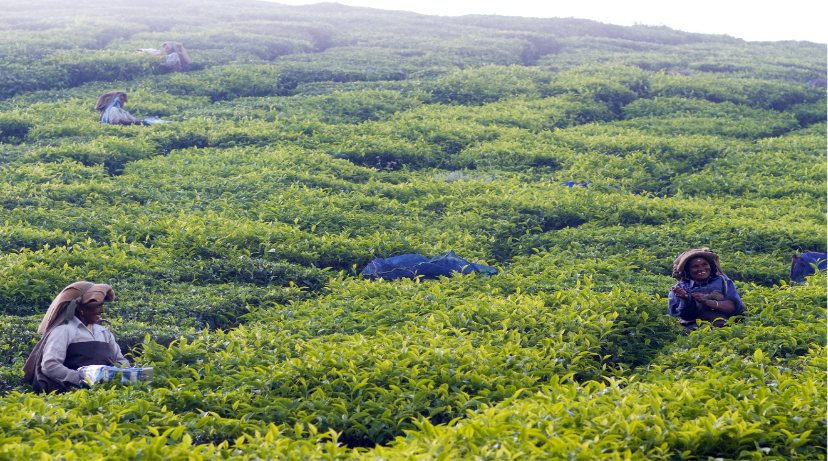The Bangladesh Tea Board (BTB) has made an important move to support tea plantations throughout the nation. In a move announced today, the Board has raised the minimum auction price for tea by Tk 10–85 per kilogram. This change, which started with auctions held right after Eid, aims to support struggling tea gardens and boost the earnings of tea workers and producers. Tea gardens, especially in Sylhet and Panchagarh regions, have faced tough times. Rising production costs and low prices have led many growers to worry about their future. The BTB’s new pricing policy sets a higher floor depending on tea quality. For lower-grade tea, the minimum is now Tk 85 per kg; for higher-quality tea, it’s even higher. These increases will protect farmers from selling at a loss. This price hike does more than improve tea value—it links together multiple sectors. First, in the core agriculture sector, the change helps growers gain stability. They can now invest in better farming tools, seedlings, and fertilisers without fear of earning below cost. This supports healthy crop yields and long-term garden growth. Second, in the agritech and education sectors, the move encourages research and training. With better prices, gardens can work with agritech experts to use modern techniques like precise fertiliser use and pest management. Universities and institutes can also expand training programs for workers at tea estates. Third, the change fuels finance and fintech growth. As growers earn more, they can access small loans or mobile banking to invest in machinery, packaging, and infrastructure. Fintech services can help them manage payments and track costs easily. Fourth, in logistics and transport, higher garden activity means more tea being moved from gardens to auction centres. That encourages bus and truck operators, boosts fuel sales, and supports workers involved in loading and transport. Fifth, packaging and retail benefit too. Private tea-packing businesses will be more eager to buy higher-priced leaves. That supports local packaging firms, designers, and retailers who work on tea branding and export-oriented products. Sixth, the move positively affects the tourism and hospitality-building sector. Improved tea garden revenue allows estates to invest in visitor facilities—small museums, tasting rooms, and guided garden tours. This opens pathways for agritourism, combining agriculture, design, and transport. Finally, industry and ICT sectors can step in with software solutions—for example, quality tracking apps, auction data analysis, and mobile platforms for transparent price discovery. The BTB’s price hike shows how a single non-political policy decision can strengthen many parts of the economy. It gives tea growers a fair deal, supports workers with fair wages, encourages modern farming, and links industries like finance, technology, and tourism. As these gardens pick up, the full supply chain will benefit—from field to cup. With continued collaboration across agriculture, agritech, finance, transport, and education, Bangladesh’s tea industry moves toward a smarter, more sustainable future.
Tea Board Boosts Auction Prices to Help Struggling Gardens
57
previous post


